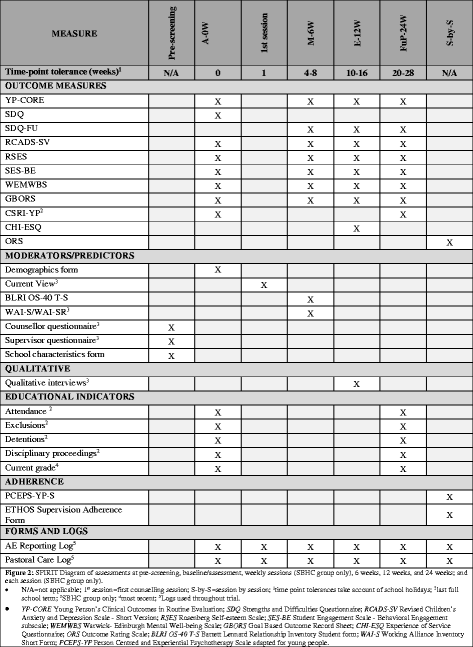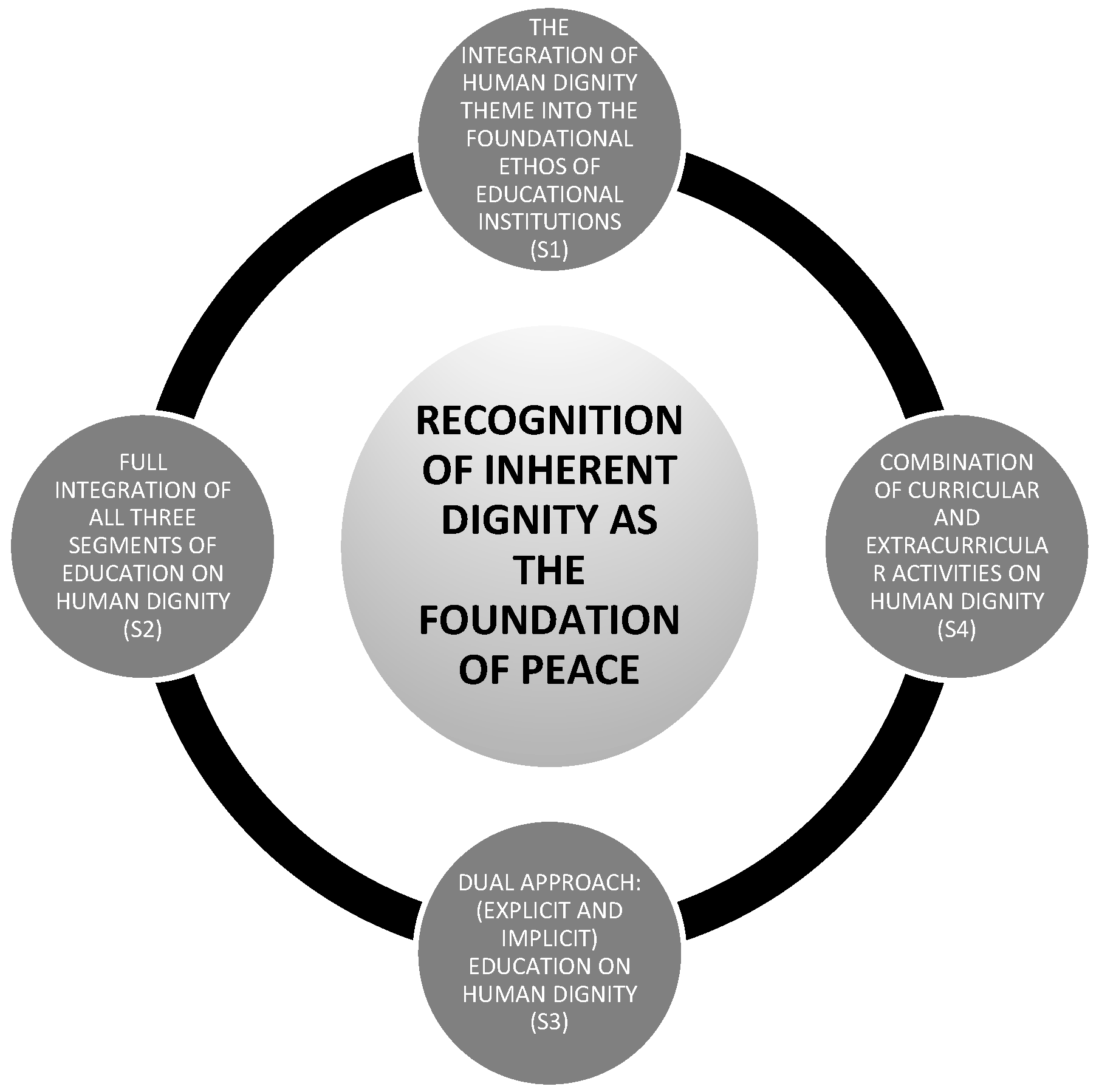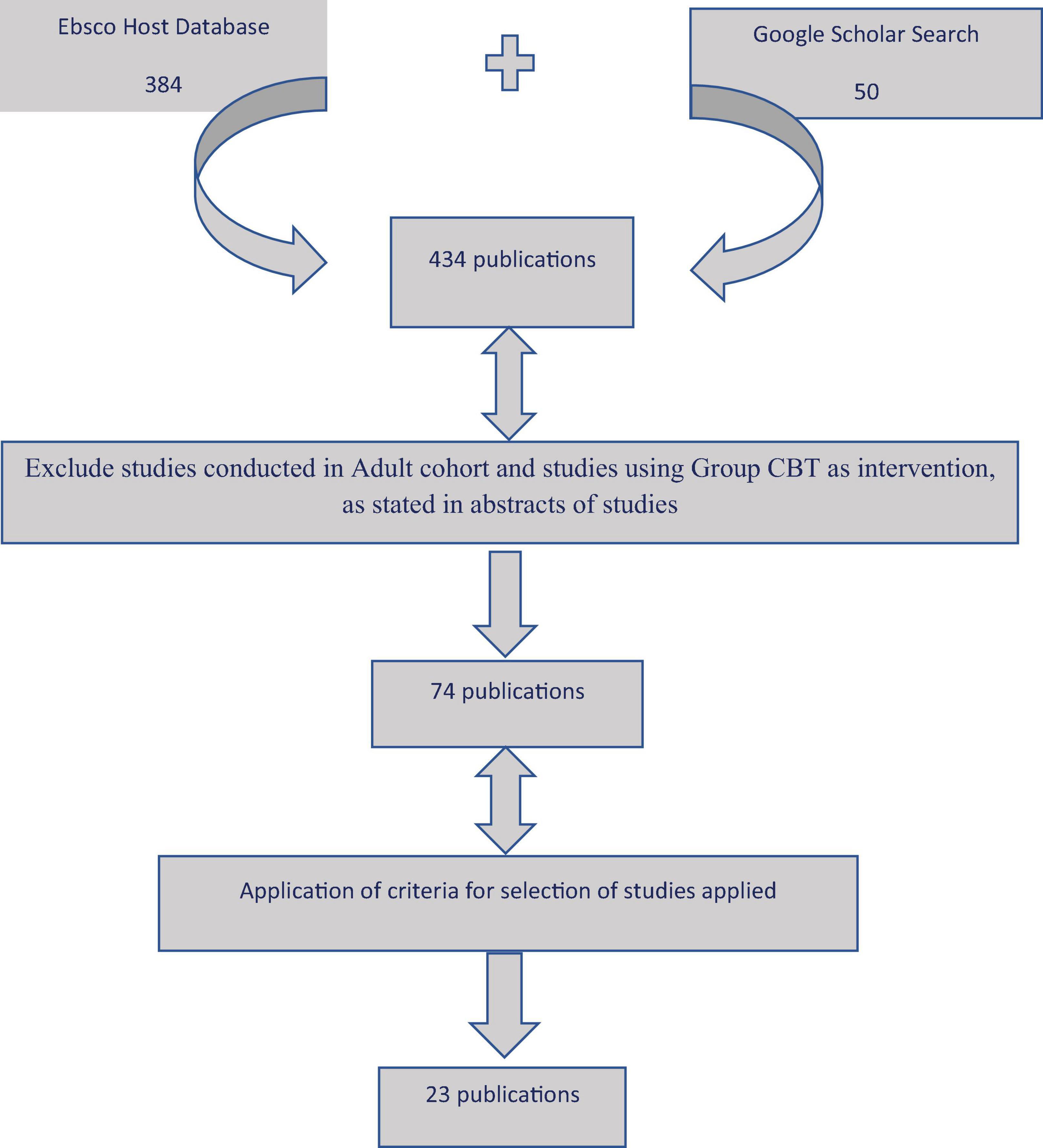Effectiveness and cost-effectiveness of humanistic counselling in schools for young people with emotional distress (ETHOS): study protocol for a randomised controlled trial, Trials
4.8 (93) In stock

Background One in ten children in Britain have been identified as experiencing a diagnosable mental health disorder. School-based humanistic counselling (SBHC) may help young people identify, address, and overcome psychological distress. Data from four pilot trials suggest that SBHC may be clinically effective. However, a fully powered randomised controlled trial (RCT) is needed to provide a robust test of its effectiveness, to assess its cost-effectiveness, and to determine the process of change. Methods/design The Effectiveness and Cost-effectiveness Trial of Humanistic Counselling in Schools (ETHOS) is a two-arm, parallel-group RCT comparing the clinical and cost-effectiveness of SBHC with Pastoral Care as Usual (PCAU) in school settings. Eligibility criteria for young people include being between 13 and 16 years of age and experiencing moderate to severe levels of emotional distress. Participants are randomised to receive either SBHC or PCAU. SBHC is delivered in up to 10 weekly, individual sessions in their school with a qualified, experienced counsellor who has also received training using a clinical practice manual. Adherence to the SBHC model is assessed by a sub-team of auditors and in clinical supervision. PCAU consists of the schools’ pre-existing systems for supporting the emotional health and well-being of students. The primary outcomes are psychological distress measured using the Young Person’s Clinical Outcomes in Routine Evaluation (YP-CORE) and costs evaluated using the Client Service Receipt Inventory (CSRI). Secondary outcomes include psychological difficulties, levels of depression, anxiety and self-esteem, well-being, school engagement, educational outcomes and achievement of personal goals. Qualitative interviews with participants, parents and school staff will look to identify the mechanisms of change in SBHC. Researchers administering the measures are blind to allocation. The trial requires n = 306 participants (n = 153 in each group), with 90% power to detect a standardised mean difference (SMD) of 0.5. An intention-to-treat analysis will be undertaken. Discussion This RCT is powered to detect clinically meaningful differences, and will make a major contribution to the evidence base for mental health provision for adolescents. It will have implications for all stakeholders, including policy-makers, statutory advisory bodies for child welfare, head teachers, children and young people practitioners, child welfare and parenting organisations, and young people. Trial registration Controlled Trials International Standard Randomised Controlled Trial Number (ISRCTN) Registry, ID: ISRCTN10460622 . Registered on 11 May 2016.

(PDF) Effectiveness and cost-effectiveness of humanistic counselling in schools for young people with emotional distress (ETHOS): Study protocol for a randomised controlled trial

Summary Sugar Swee Set, PDF, Mental Disorder

PDF) Impact of counselling provision in primary schools on child and adolescent mental health service referral rates: a longitudinal observational cohort study

Religions, Free Full-Text

PDF) Humanistic counselling plus pastoral care as usual versus pastoral care as usual for the treatment of psychological distress in adolescents in UK state schools (ETHOS): a randomised controlled trial

PDF) Effectiveness and cost-effectiveness of humanistic counselling in schools for young people with emotional distress (ETHOS): Study protocol for a randomised controlled trial

PDF) Brief humanistic counselling with an adolescent client experiencing obsessive-compulsive difficulties: A theory‐building case study

Trials 1/2018

Understanding Randomized Control Trial Design in Counselling and Psychotherapy

Bloom's Sixth

Efficacy and cost-effectiveness of therapist-guided internet-delivered behaviour therapy for children and adolescents with Tourette syndrome: study protocol for a single-blind randomised controlled trial, Trials

Frontiers Therapeutic Alliance in Cognitive Behavioural Therapy in Child and Adolescent Mental Health-Current Trends and Future Challenges
Counselling for children and young people: September 2021 to
Quantitative Analysis: Some Pointers — Mick Cooper Training and
 Sage Green Polka Dot Draped Underwire Midi Dress
Sage Green Polka Dot Draped Underwire Midi Dress Reusable Coffee Cup with Lid by Celebrate It™
Reusable Coffee Cup with Lid by Celebrate It™ Hanky Panky Daily Lace Original Rise Thong 3 Pack – Crimson Lingerie
Hanky Panky Daily Lace Original Rise Thong 3 Pack – Crimson Lingerie Yingbao M-2XL Pants Women Summer Sport Yoga Gym Hot Pant Casual
Yingbao M-2XL Pants Women Summer Sport Yoga Gym Hot Pant Casual- These Brands Are Working to Close the Gender Pay Gap in Sports for Female Athletes
 Pin on Products
Pin on Products
